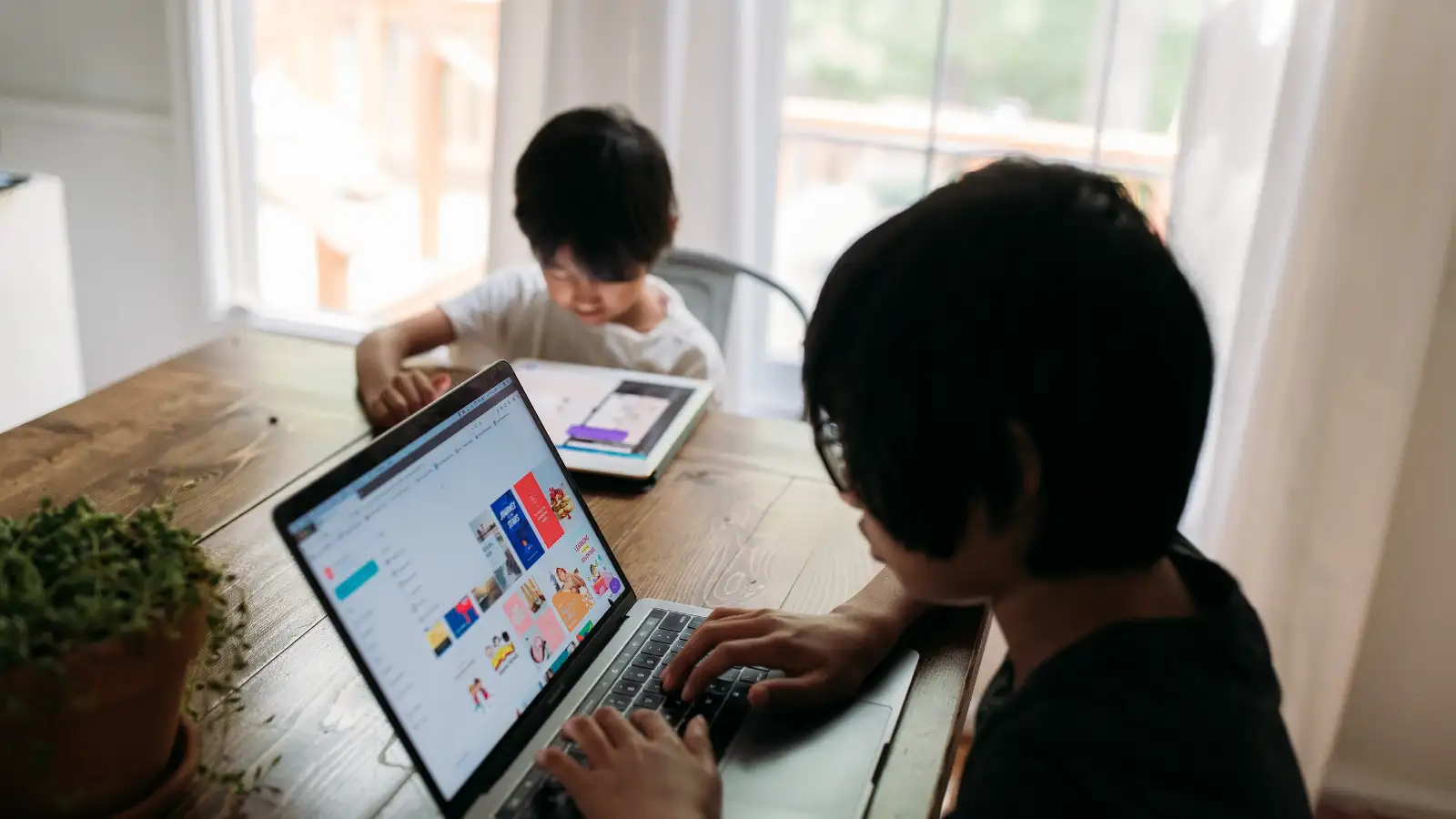Redefining Perceptions: The Role of VR in Modern Education
For a long time, the narrative surrounding video games, virtual reality, and other technological advancements has been something to the effect of, “Don’t spend too much time on a screen, it will kill your brain cells,” and yet education is moving fast-paced towards a more digital and virtual interface. Since the tech boom in 2016-17, virtual reality (VR) has revolutionized the way we experience digital content, providing an immersive and interactive platform that goes beyond traditional screen-based interactions. Beyond its entertainment value, VR has also proven to be a powerful tool for developing emotional skills. Recent studies at Stanford University have measured the compassion of individuals after immersing them in emotionally intense situations like losing a job and homelessness. By creating realistic simulations and scenarios, VR offers individuals the opportunity to engage in experiences that foster empathy, self-awareness, and emotional regulation.
Walking Virtually in Another’s Shoes: VR as a Catalyst for Emotional Intelligence
The old adage, “walk a mile in someone else’s shoes,” is now a very real possibility and learning opportunity. Virtual Reality enables users to place themselves into perspectives and experience different points of view. By immersing individuals in realistic scenarios, VR can cultivate empathy and understanding for diverse situations and cultures. For example, VR experiences that simulate the challenges faced by individuals with disabilities can promote empathy and compassion, as users gain firsthand insight into the daily obstacles they encounter. Additionally, VR experiences allow users to travel to far reaches of the earth and experience cultures and customs different from their own. Such experiences can help break down barriers and foster a more inclusive society.
Stress Management and Emotional Regulation: VR’s Safe and Controlled Environments
VR offers a controlled and safe environment for individuals to practice emotional regulation and stress management techniques. It can provide a great space to practice skills experienced in high-pressure situations, without having to physically create that situation. By simulating stressful situations, such as public speaking or interviewing, VR can help individuals confront and manage their anxieties, and better prepare them for in-person interactions. VR provides users with a safe space to fail. And when people have a safe space to fail, they often learn from their failures and mistakes, rather than being ashamed and defined by them. VR provides a unique platform for practicing and honing social skills and communication abilities. Through virtual social interactions and simulations, individuals can improve their interpersonal communication, active listening, and conflict resolution skills. Virtual reality environments enable users to engage in role-playing exercises and practice assertiveness, empathy, and effective non-verbal communication.
Aiding Adolescent Development: VR’s Impact on Empathy and Personal Growth
Teenagers are at a crossroads in their life, and schools are often tasked with teaching them the core competencies, but also encouraging behaviors of compassion, empathy, introspection and positive personal change and growth. According to the study at Stanford University, “We tend to think of empathy as something you either have or don’t have,” said Zaki, an assistant professor of psychology and a co-author of the paper. “But lots of studies have demonstrated that empathy isn’t just a trait. It’s something you can work on and turn up or down in different situations.”’ Virtual reality is one tool educators can have in their toolbox to help students academically, but also emotionally and socially. Experiencing world issues such as human rights, civil wars, and politically divisive situations in virtual reality will help students truly feel and experience the complexity of the situation, as opposed to reading about it on paper, or watching it on a multimedia presentation.
VR: The Gateway to Empathetic and Reflective Future Generations
Virtual Reality opens up a world of possibilities for developing emotional skills, offering immersive and transformative experiences that promote empathy, self-awareness, emotional regulation, social skills, and resilience. By providing users with a safe and controlled environment, VR simulations enable individuals to explore and practice emotional responses, fostering personal growth and enhancing their ability to connect with others. Harnessing the incredible power of virtual reality could positive shape and impact an entire generation of children to be more empathetic, more reflective and more involved in creating good in our world.







